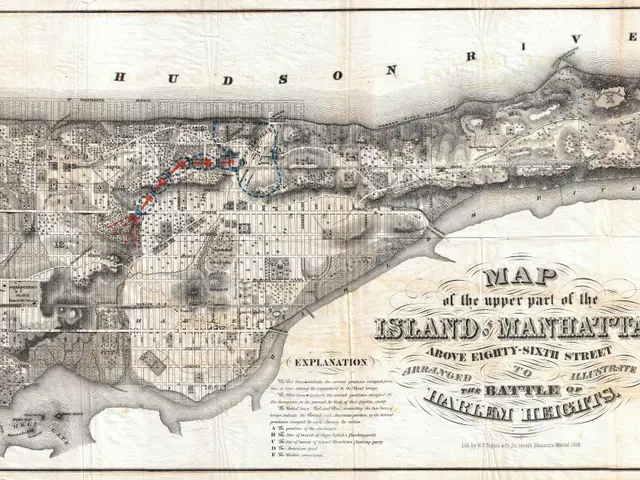Updated Article:
Microsoft's Acquisition of Activision Blizzard under Scrutiny
US Regulator Calls for Block on Microsoft-Activision Deal
The Federal Trade Commission (FTC) recommended that the US Court of Appeals reject Microsoft's acquisition of Activision Blizzard, claiming the decision on "Call of Duty" by the lower court was too accommodating. This move aims to prevent the merger from finalizing this year.
The FTC believes Judge Jacqueline Scott Corley went too far in her July ruling, considering Microsoft had signed a "Call of Duty" deal with Nintendo, Nvidia, and other game publishers, which, in their view, would overlook potential antitrust issues with this blockbuster deal.
The FTC's arguments to the three-judge panel of the US Court of Appeals for the Ninth Circuit echo the sole lasting attempt to block the merger — backed by the EU and the UK, which ended in October after Microsoft presented several offers and arrangements to address the competition and gamer harm concerns.
The 69 billion USD acquisition is one of the largest technology acquisitions in history, with a focus on scrutinizing its potential impact on new technologies for game access, notably the booming cloud streaming market, enabling gamers to instantly load games on their devices without downloading.
Call of Duty Showdown
Regulatory bodies assert that Microsoft, with controlling stakes in popular Activision titles like "Call of Duty" and "World of Warcraft," would become a dominant video game publisher, thereby restricting rival console manufacturers or cloud streaming media platforms from offering these games.
The FTC filed twice with the intention of obstructing the merger, first before its internal administrative court and subsequently before the US District Court, albeit suffering a series of defeats that have led some to reconsider the role of the commission in this case.
Microsoft countered by offering competing gaming platforms long-term contracts and pledged to continue making "Call of Duty" accessible to them after the merger. By securing these agreements, "Call of Duty" became available on cloud streaming services like Nvidia for the first time. Later, Microsoft restructured the deal during negotiations with UK antitrust authorities and separated the cloud gaming rights from Activision Blizzard, assigning them to Ubisoft, another major gaming publishing firm.
Monopoly at Stake
The FTC argued that while deals may benefit certain players, Microsoft would still retain a monopoly on Activision content in several niches, such as the video game subscription services market.
"I don't see how it could foster competition to give someone a monopoly on something," said FTC attorney Imad Dean Abyad during the Wednesday court hearing. "It might be good for certain consumer groups, but that's a different story."
Reacting to regulatory skepticism, Microsoft presented rival gaming platforms with long-term deals and promised that "Call of Duty" would be available post-merger. Amidst these agreements, "Call of Duty" found its way onto cloud streaming services like Nvidia for the first time. Microsoft later restructured the deal during UK antitrust authority negotiations, separating the cloud gaming rights from Activision Blizzard and assigning them to Ubisoft.
Enrichment Data Integration:
- The FTC challenged Microsoft's acquisition of Activision Blizzard, citing concerns related to competition and the potential impact on the video game industry. The challenge began in December 2022, and the acquisition was ultimately completed in October 2023, despite opposing verdicts in multiple legal proceedings.
- Critics alleged that Microsoft, through acquiring Activision Blizzard and popular titles like "Call of Duty" and "World of Warcraft," would become a dominant video game publisher, potentially limiting competition on gaming consoles or cloud streaming platforms.






